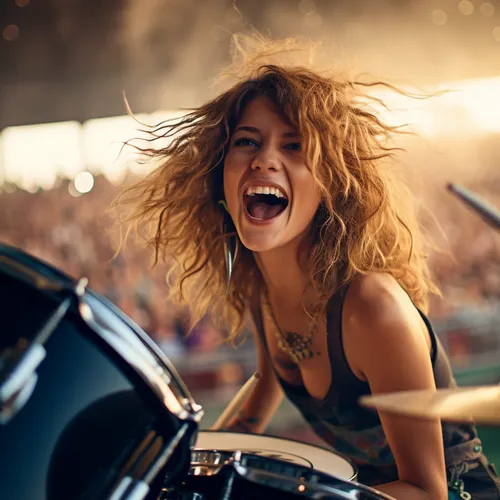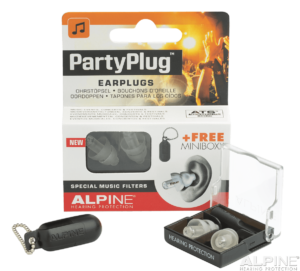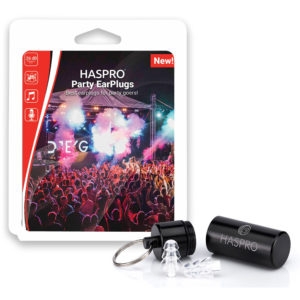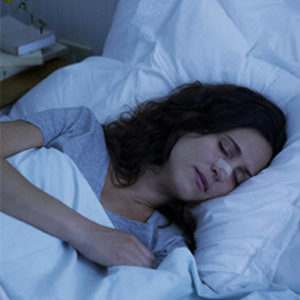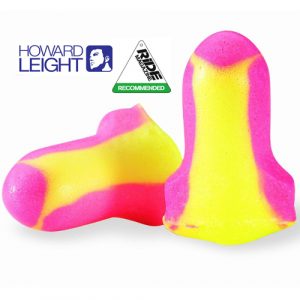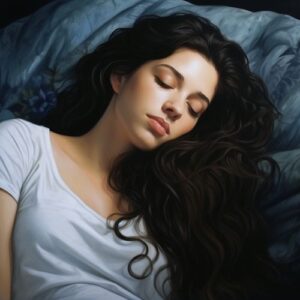Loud music is an essential part of most musicians’ lives. For this reason, more musicians suffer from hearing loss or tinnitus than you would find in other lines of work.
In practice and through performances, amplified sounds make hearing loss or tinnitus even more likely. Numerous famous musicians and movie stars suffer from either one or both hearing impairments. Before presenting these issues, readers should have a clear understanding of them.
What Is Tinnitus?
Tinnitus may produce various sounds, such as a high-pitched hum or a dull roar, and is often referred to as “ringing in the ears.”
Symptoms of tinnitus include buzzing, hissing, roaring, or humming. Other people cannot hear these sounds, making the sufferer feel like they are hallucinating.
Whatever the exact sound may be, the volume, strength, and pitch of tinnitus may vary throughout the day. Usually, the noise is hardly detectable. Other times, however, it can be so loud it can make the musician unable to concentrate.
Tinnitus is a result of a hearing problem and is not a medical condition.
How Loud Music Can Damage Hearing Over Time
Prolonged exposure to loud noise over 85 decibels increases a person’s risk of hearing loss. The noise threshold for city streets is 85 decibels (dB). When a sound exceeds 125 dB, humans may experience eardrum pain.
Rock concerts will produce sounds at 115 (dB), just 10 (dB) below the threshold for pain. A jackhammer or an ambulance siren is comparable to this decibel level.
Unfortunately, exposure to sound at 115 dB for just three minutes can damage hearing. There are some arenas that have acoustic values as high as 140 dB. As a result, individuals who attend or participate in loud concerts should take steps to protect their hearing.
The website, ProducerHive.com, found that musicians have four and a half times more chance of developing tinnitus if they have been regularly performing between 15 and 25 years.
Here are a few musicians with tinnitus or hearing problems:
Eric Clapton: The musician has suffered from hearing loss since he was a child. Clapton regrets listening to loud music without wearing earplugs. He hopes young performers today can learn from his failures.
Neil Young: During the recording of his 1991 album, Weld, Young experienced the onset of his tinnitus. Harvest Moon, his next album, was more quiet and calm.
Ozzy Osbourne: Over the years, Ozzy Osbourne played music at very high volumes, and as a result, he suffered from tinnitus. Osborne does not play his music quite so loudly anymore.
Chris Martin: He developed tinnitus in 2002 after being exposed to loud noises for long periods of time while playing in the band Coldplay. However, after he started wearing earplugs he says the problem has vanished by itself.
Barbra Streisand: At the age of nine, the singer and actress began to develop tinnitus. Over the years, she has taken steps to prevent further damage, but it hasn’t totally healed.
Pete Townshend: The Who’s guitarist has been candid about his tinnitus issues, which he relates to years of playing loud, energising rock music live without ear protection.
Phil Collins: The musician and drummer has talked about his tinnitus and hearing loss, both of which he attributes to years of exposure to extremely loud live performances.
Brian Johnson: Due to serious hearing loss and tinnitus, the former lead vocalist of AC/DC was forced to discontinue touring. He said that years of exposure to loud music on stage were to blame for his ailment.
Sting: The well-known singer-musician has experienced tinnitus. He has stressed how crucial it is to safeguard one’s hearing in order to avoid such problems.
Eric Johnson: This Grammy-winning guitarist claims that extended exposure to loud music is to blame for his tinnitus and hearing loss.
Roger Daltrey: The Who’s lead vocalist has also struggled with tinnitus as a result of years of loud music exposure and playing. He has been a supporter of hearing protection.
Les Paul: Throughout his life, the renowned musician and creator of the solid-body electric guitar from tinnitus, which he attributed to standing too near to his guitar amplifier while on stage.
Bill Kelliher: Mastodon’s guitarist has admitted to having tinnitus, which he attributes to years spent performing in loud metal bands without wearing hearing protection.
Tips to Prevent Hearing Loss and Tinnitus for Musicians
Even musicians with no current hearing problems should undergo a hearing test so a baseline can be established. Early phases of hearing loss or tinnitus could be revealed with the hearing test.
Symptoms of high-frequency hearing loss often appear first. With that in mind, musicians should ensure their hearing exams test for sounds as high as 20,000 hertz.
The following steps can be taken to mitigate the effects of frequent exposure to loud noise.
- When producing a mix in a studio, use equalizers and in-ear monitors. Using these tools, quiet frequencies can be enhanced instead of having to simply increase the volume. These controls are also designed to augment the sounds that people with hearing loss may miss.
- Wear earplugs made for musicians to avoid damaging your ears.
- Utilise white noise machines to muffle or soften the ringing in your ears. Running water sounds may also be helpful.
- Hearing aids can boost the filtered sounds and reduce tinnitus in people with hearing loss.
- Whenever possible, stay away from noisy environments.
Most musicians understand they face risks of hearing damage as part of their job. They can do what they love without damaging one of their vital senses by taking proactive actions.
Earplugs for Musicians
At Zoom Health we have selection of great Earplugs that can help protect your ears whilst playing or listening to music.
Alpine PartyPlug Earplugs
What makes these earplugs so special is the built-in filter which lowers the volume equally across the frequency spectrum. This means that the the sound you hear is decreased to safer levels but without the muffling effect that you experience with standard earplugs. Alpine PartyPlugs offer an average volume reduction of up to 25dB, which means that you can listen more safely and for much longer.
Haspro Party Earplugs
We are also big fans of these Haspro Party Earplugs. They also have a built-in acoustic filter that ensures excellent clarity of sound. This can be worn comfortably for long periods and there’s no sound distortion, so you can enjoy the music without worry. The earplugs are small and discreet in appearance. You will feel at ease when wearing them and they offer unrivalled protection at concerts, festivals and other large-scale events.
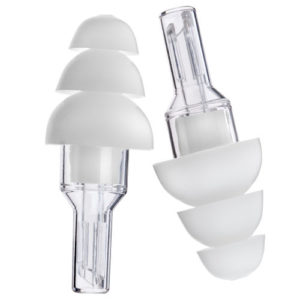
Etymotic Research ER20 Musicians Earplugs
Loved by many, these music earplugs are unique in that they come in both standard and large sizes. If you have got larger than average ear canals, these might just be the earplugs for you! speech is clear and not muffled when using these plugs and they reduce sound to approximately 20 dB at all frequencies.
Photo by Anthony Cunningham for Zoom Health
Zoom Health is a leading UK supplier of Home Health Tests and Earplugs
This post was originally published in 2020. It was last updated in July 2023.

